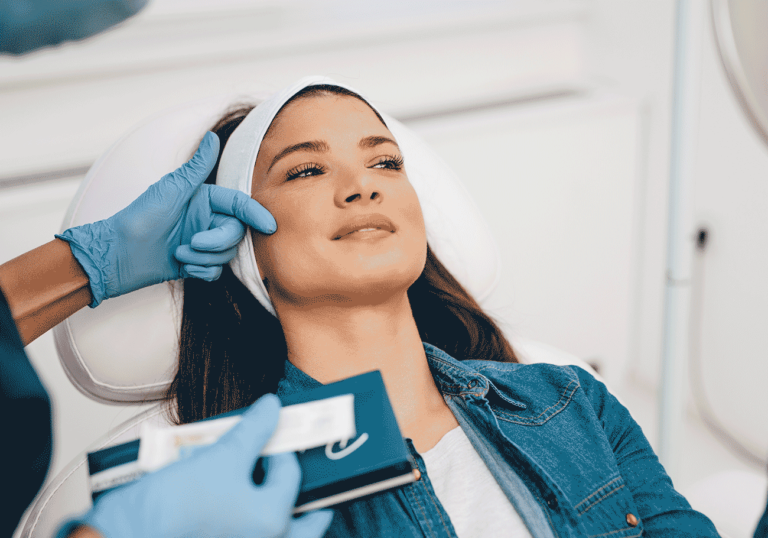Peptide therapy is attracting attention for its potential to support recovery and aging processes. Peptides are short chains of amino acids that naturally occur in the body and play a role in various biological functions. This therapy allows individuals to target specific processes to enhance their overall well-being.
This article reviews how peptide therapy works, its connection to recovery, its role in anti-aging, and the key benefits it offers. Understanding peptides may provide useful insights if you are exploring new therapeutic options.
How Peptide Therapy Works in the Body
Peptides are necessary signaling molecules in the body. They facilitate communication between cells and enable them to perform specific tasks. These short chains of amino acids play a key role in regulating various biological processes, such as tissue repair, hormone production, and immune system responses. By binding to receptors on target cells, peptides send precise instructions that help the body function efficiently and heal when needed.
In therapeutic applications, peptides are often designed to closely mimic those naturally occurring in the body, ensuring their compatibility and effectiveness. Depending on the purpose, they can be delivered through injections, topical creams, or oral supplements, making them adaptable to different needs. Common therapeutic goals include promoting faster recovery, reducing inflammation, enhancing muscle growth, or even slowing down signs of aging.
This level of precision makes peptide therapy a highly targeted and customizable approach to improving health and addressing specific wellness concerns. As research on peptides advances, their potential applications in medicine and overall health optimization continue to grow, offering new, innovative solutions for various conditions.
The Role of Peptides in Recovery and Healing
Peptides related to recovery often focus on mechanisms like cell repair and inflammation management. Thus, they are a possible option for supporting recovery after physical exertion or injury. They are particularly valued in contexts like sports performance and post-injury rehabilitation. Certain peptides may help promote tissue regeneration or reduce recovery time by encouraging the body’s natural healing process. This can interest those looking to optimize their ability to recover from physical stress or exertion.
Peptide Therapy for Anti-Aging
Peptides can also address some physical signs often associated with aging. Targeting processes such as collagen production and hormonal balance may support overall aging management. Some specific peptides have been linked to skin health or muscle retention, which individuals frequently focus on as part of anti-aging efforts. By stimulating internal processes, peptides offer an approach that aligns with prevention instead of correction.
Key Benefits of Peptide Therapy
This offers a flexible and targeted approach to support various wellness goals. It aids natural processes in the body related to recovery, healing, and overall health. Here’s how it can help:
- Recovery and Healing: Peptides may assist the body’s natural repair processes, speeding up recovery from injuries or physical strain.
- Aging Support: Certain peptides can promote cellular health, potentially supporting healthier aging.
- Metabolism Regulation: Peptides may help regulate metabolic processes, aiding in weight management or energy balance.
- Improved Sleep: Some peptides influence sleep patterns, helping promote restful, restorative sleep.
- Customizable Benefits: Peptide therapy’s targeted nature allows individuals to focus on their unique wellness objectives while supporting overall health progress.
See If Therapy Is Right for You
If you are interested in learning more about therapies that align with your recovery or aging process, peptide therapy might be worth exploring. Start by consulting a healthcare provider familiar with peptides to identify approaches tailored to your situation. Contact a professional today to learn how peptides might support your health goals.

